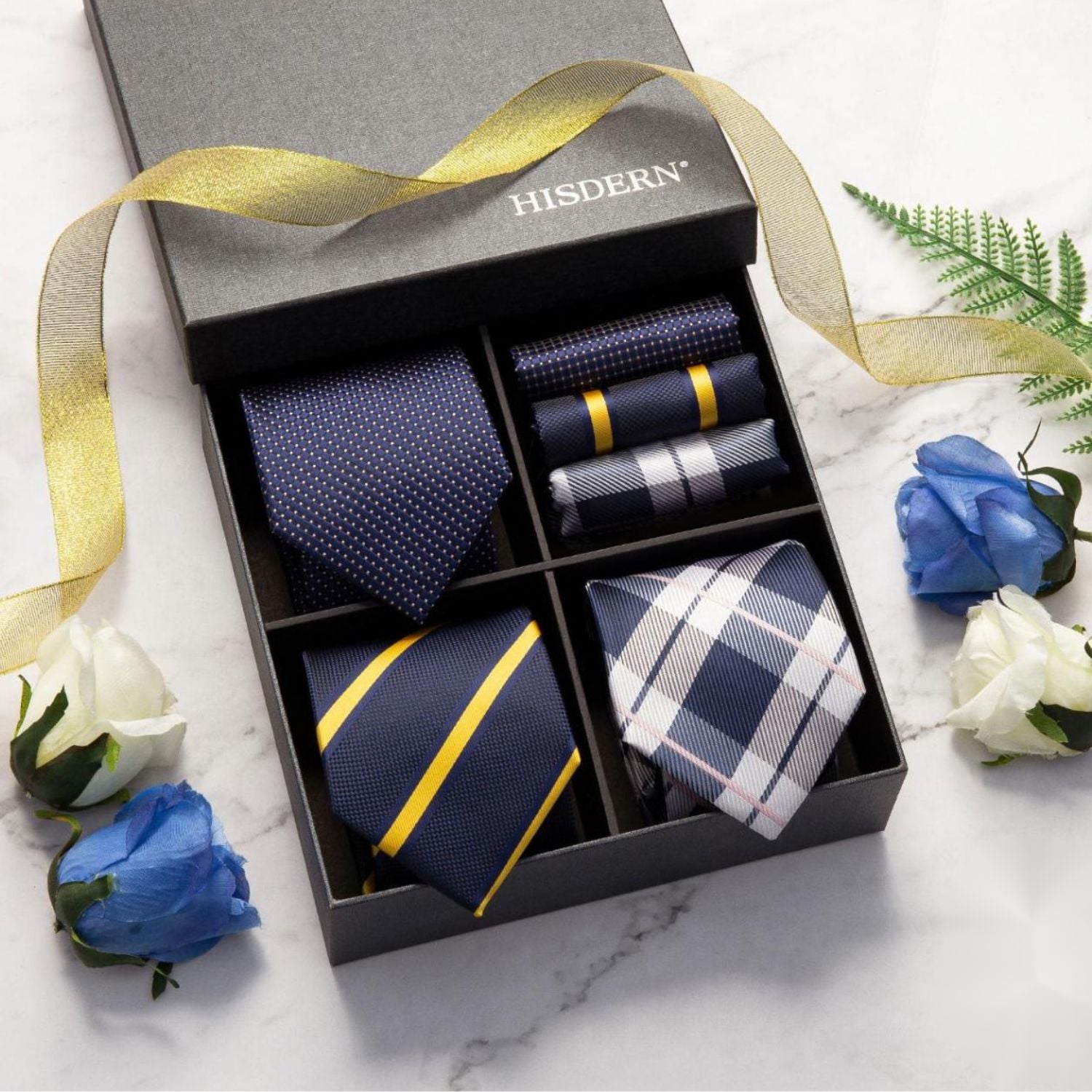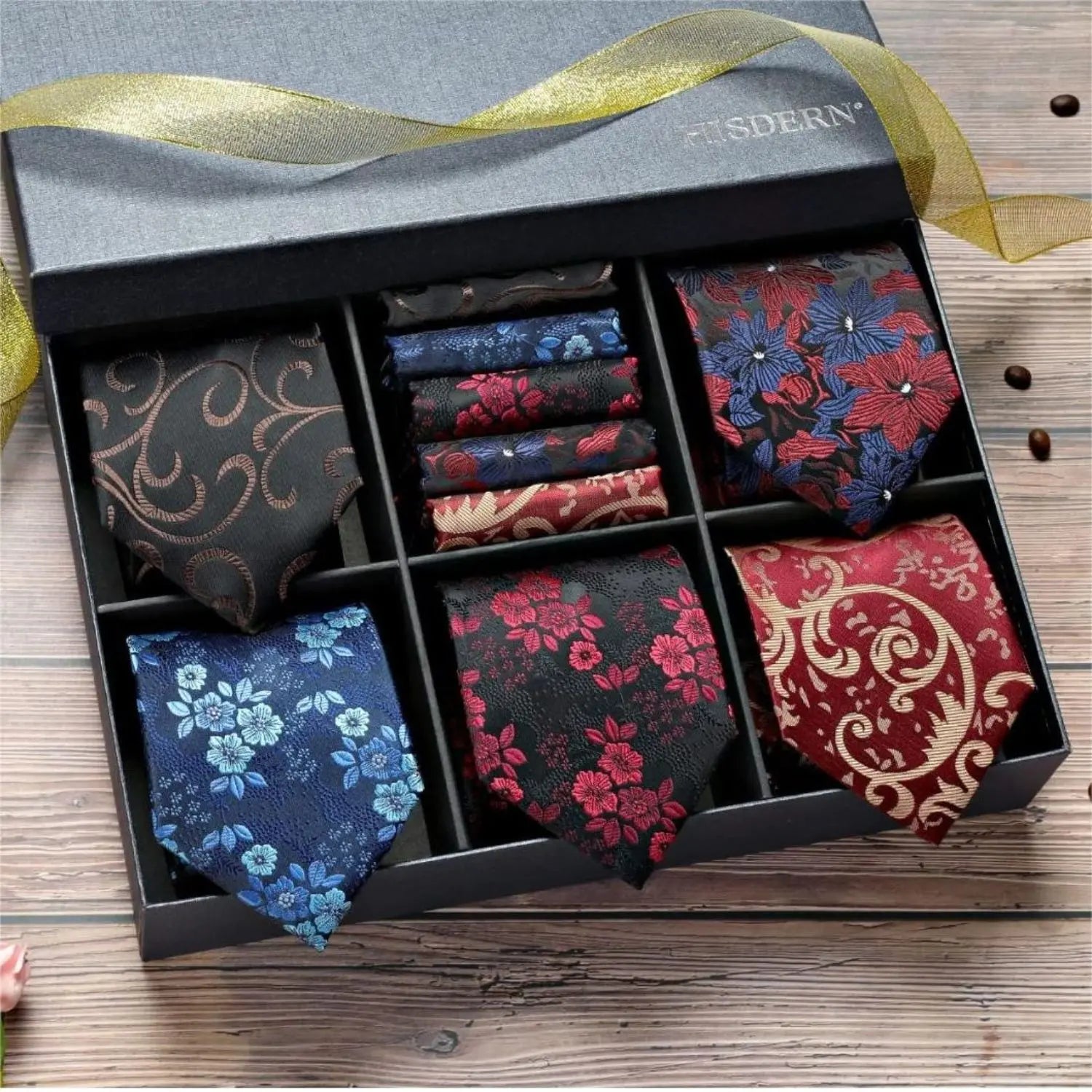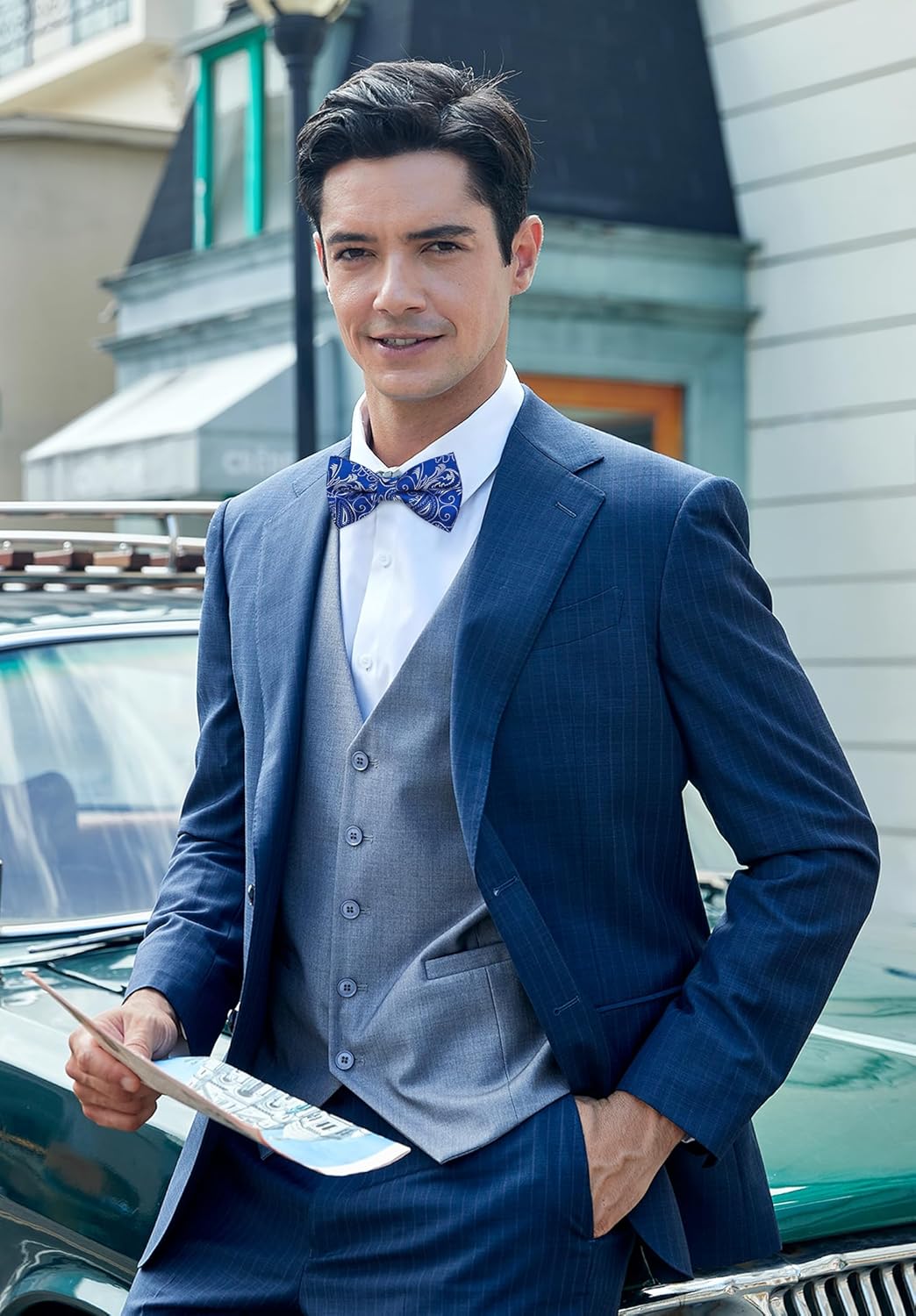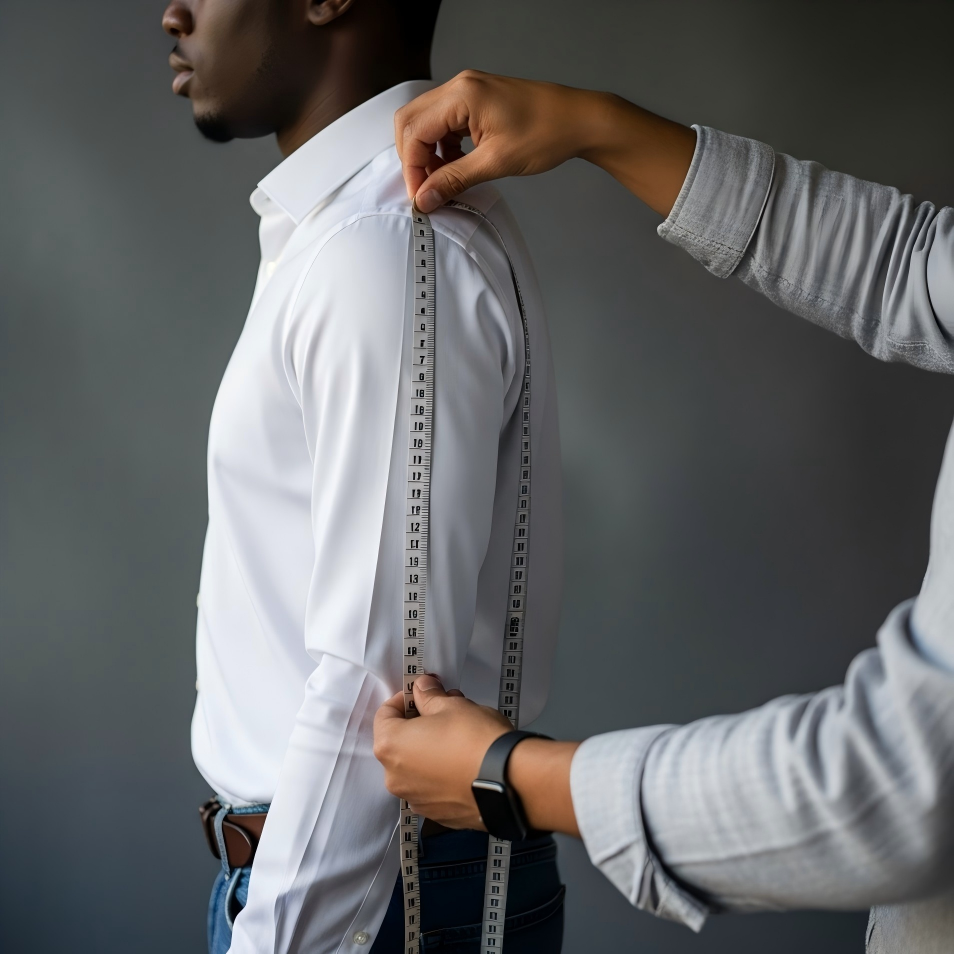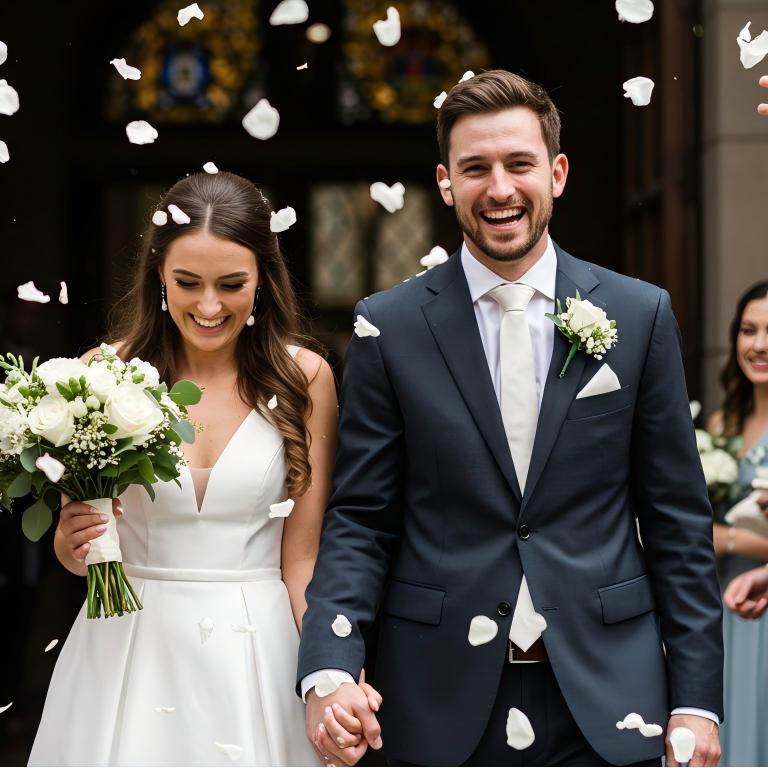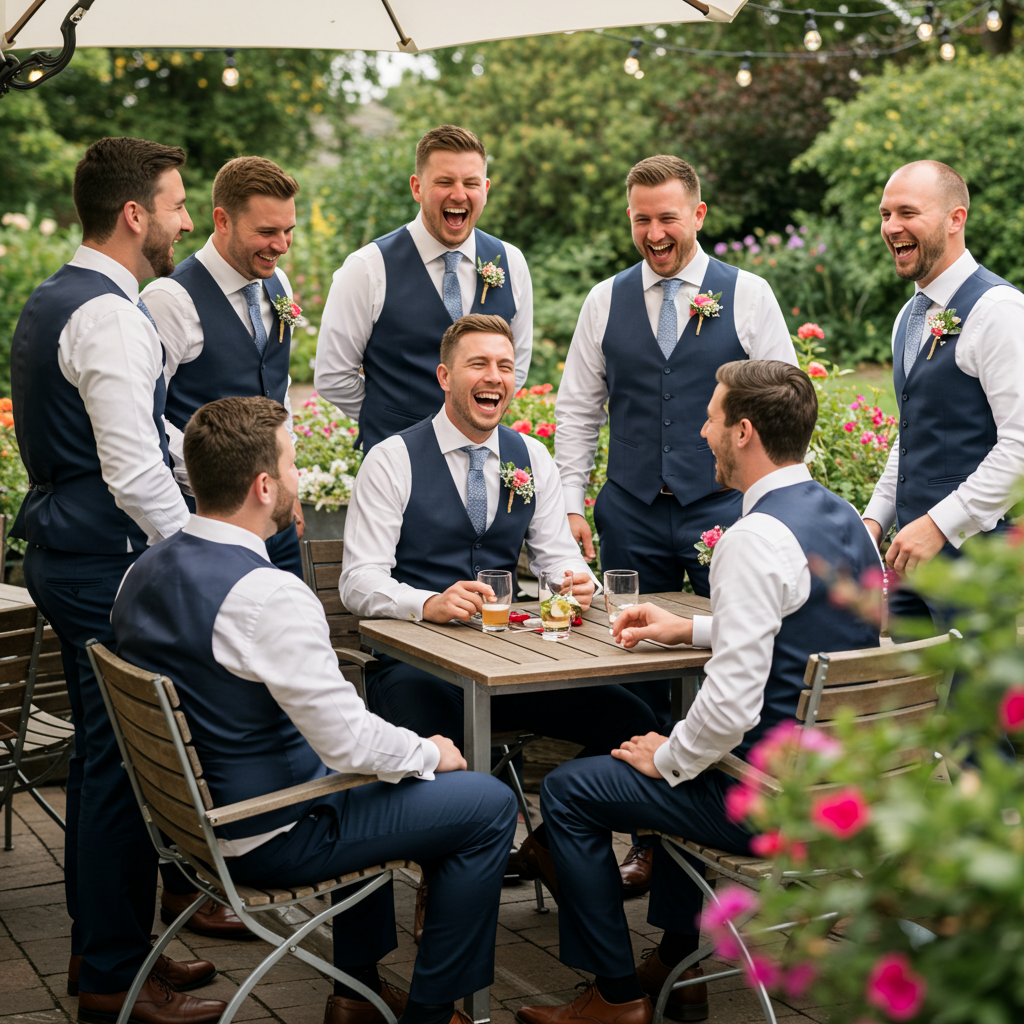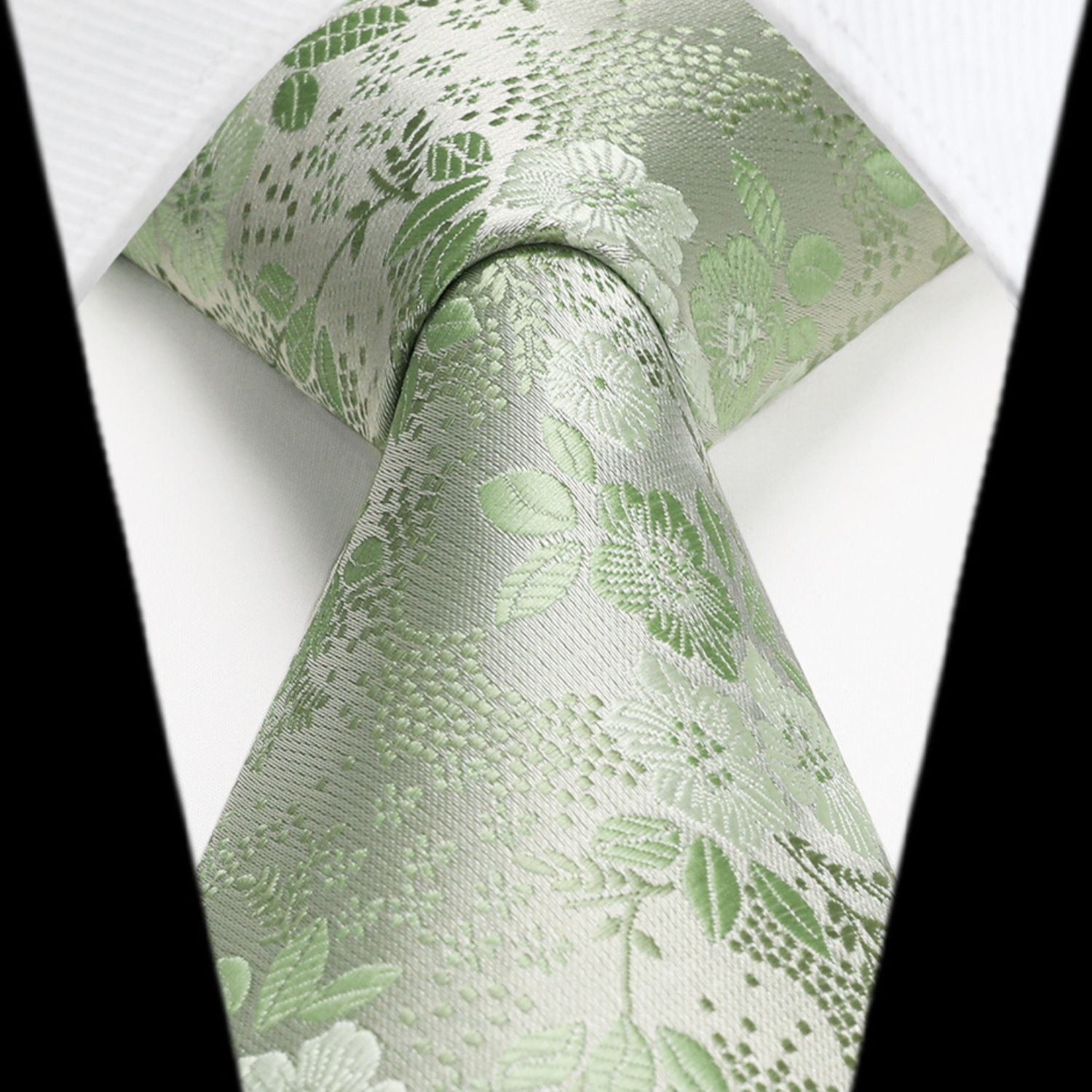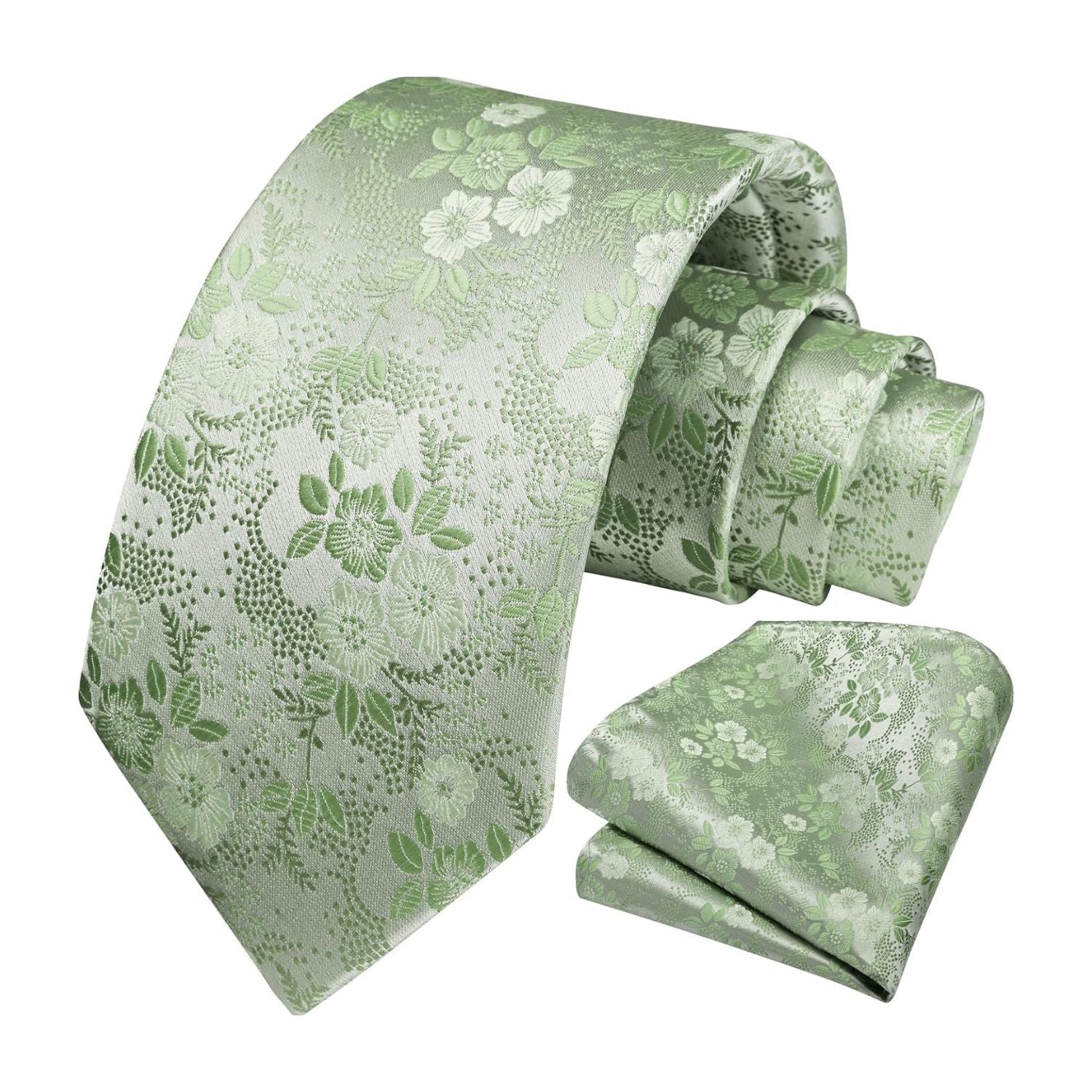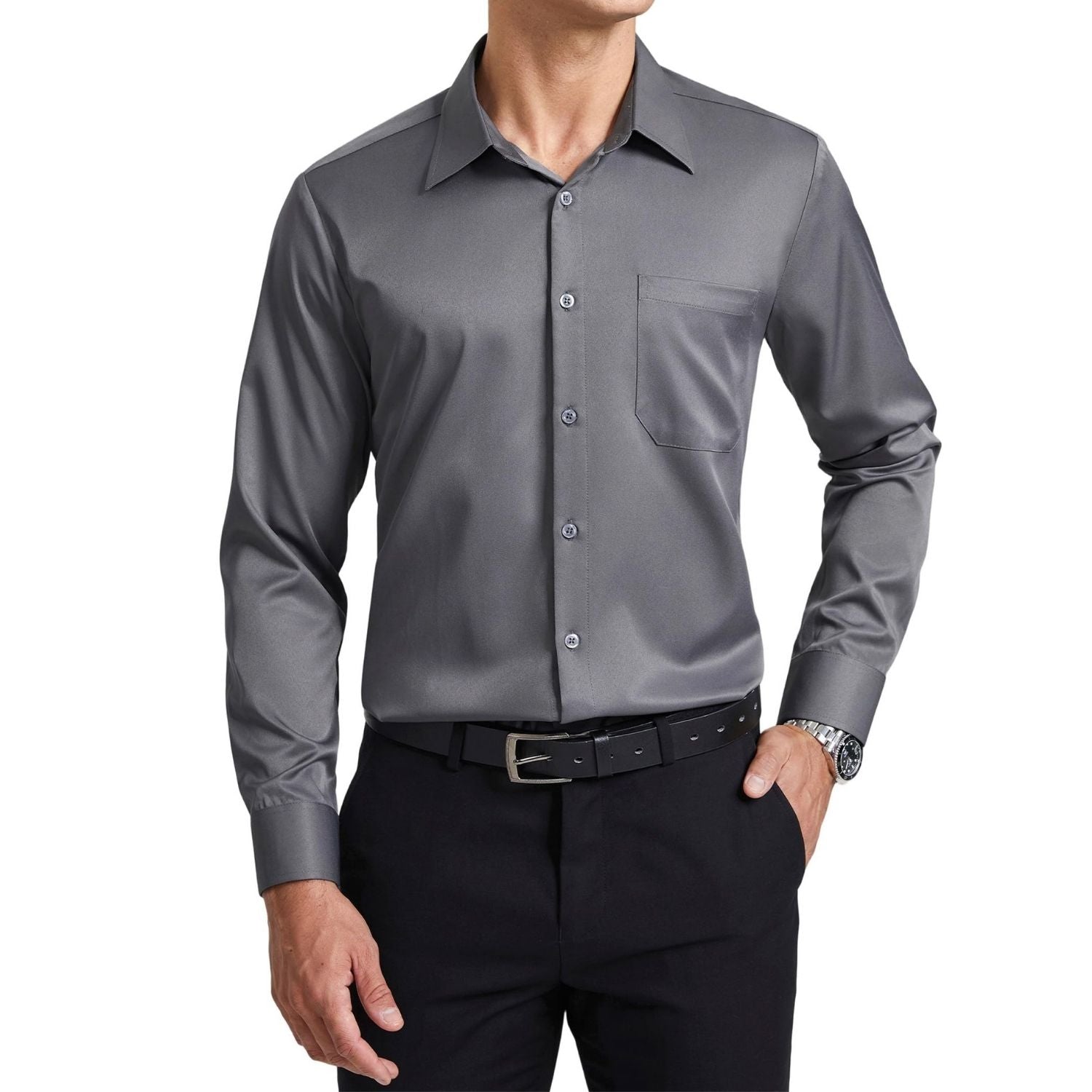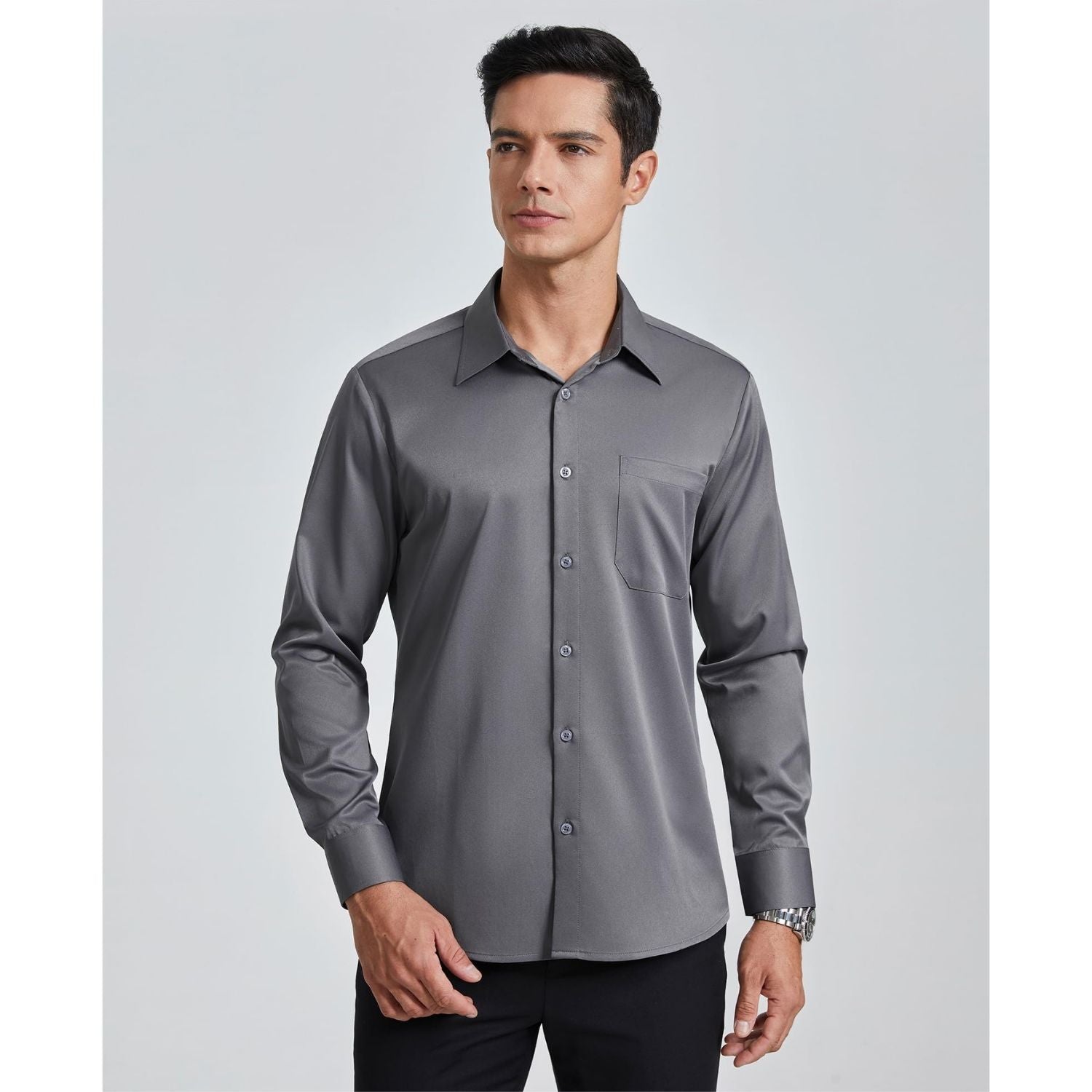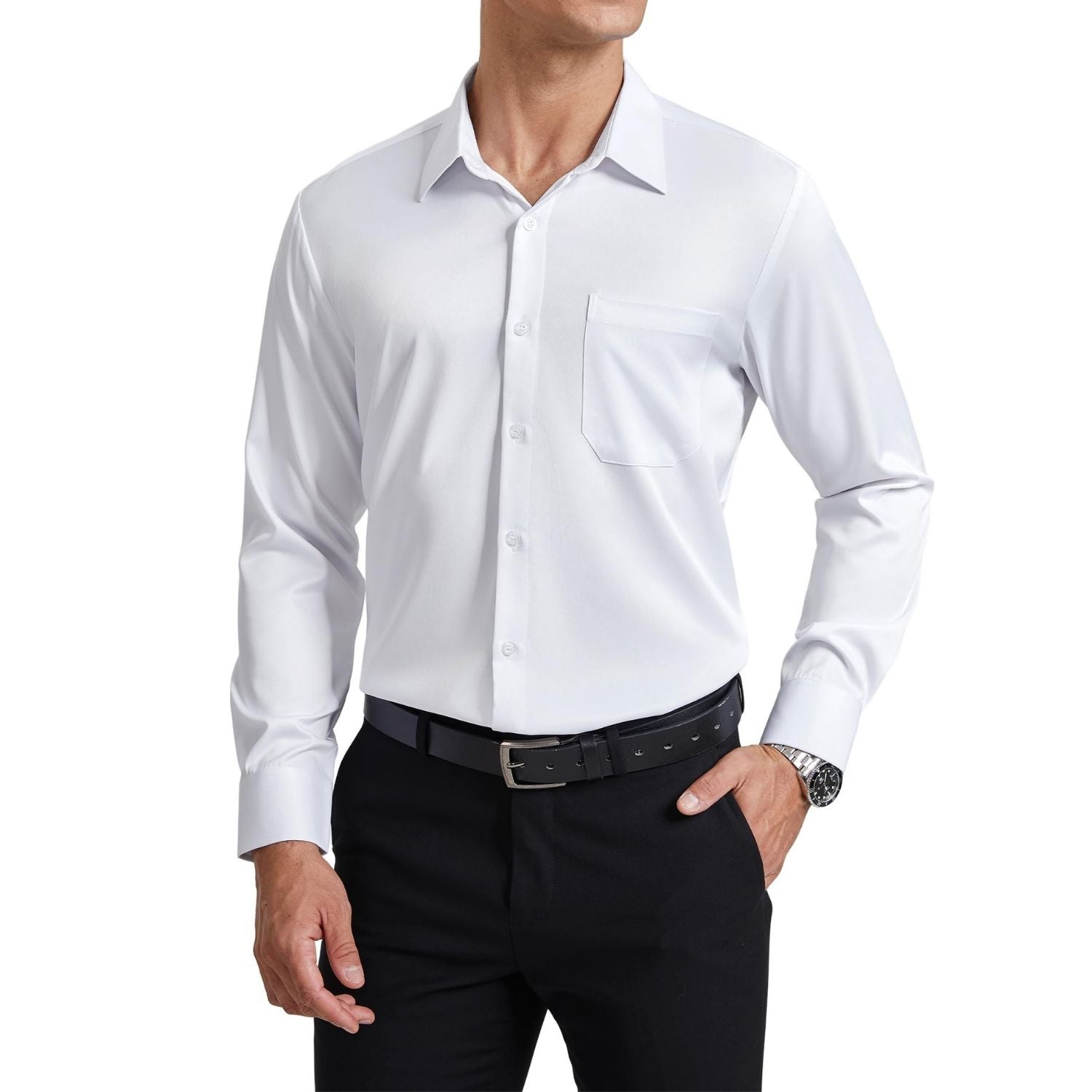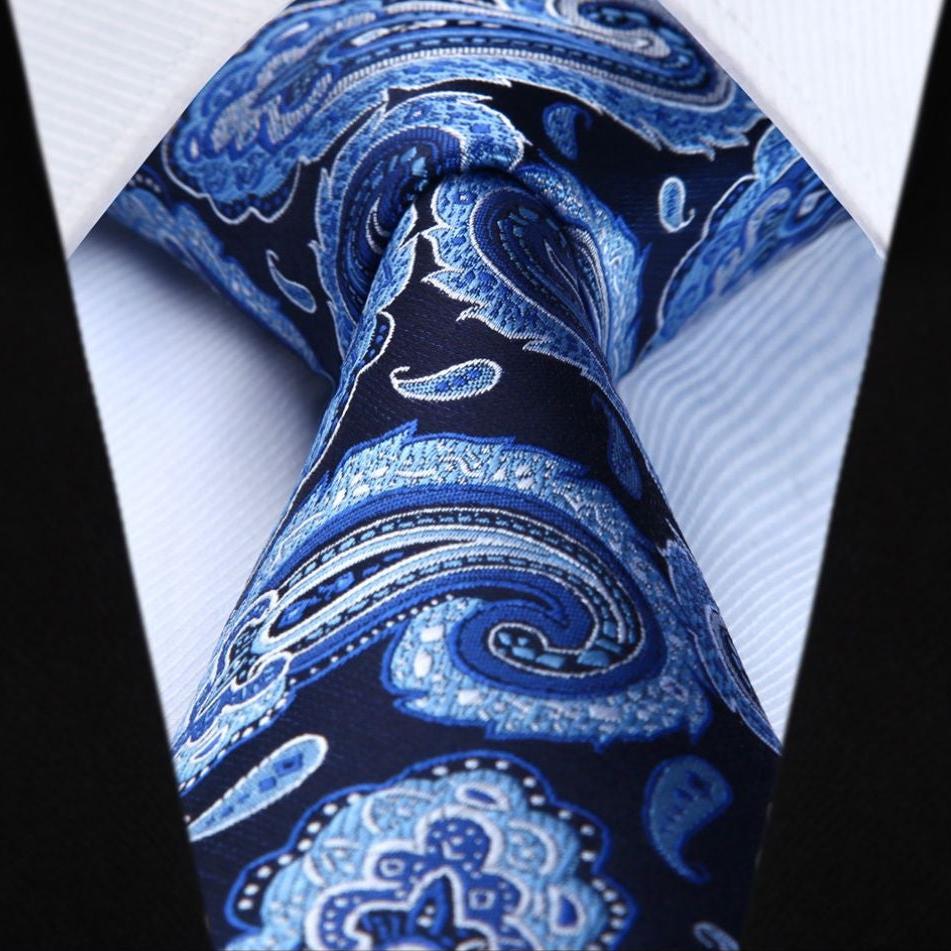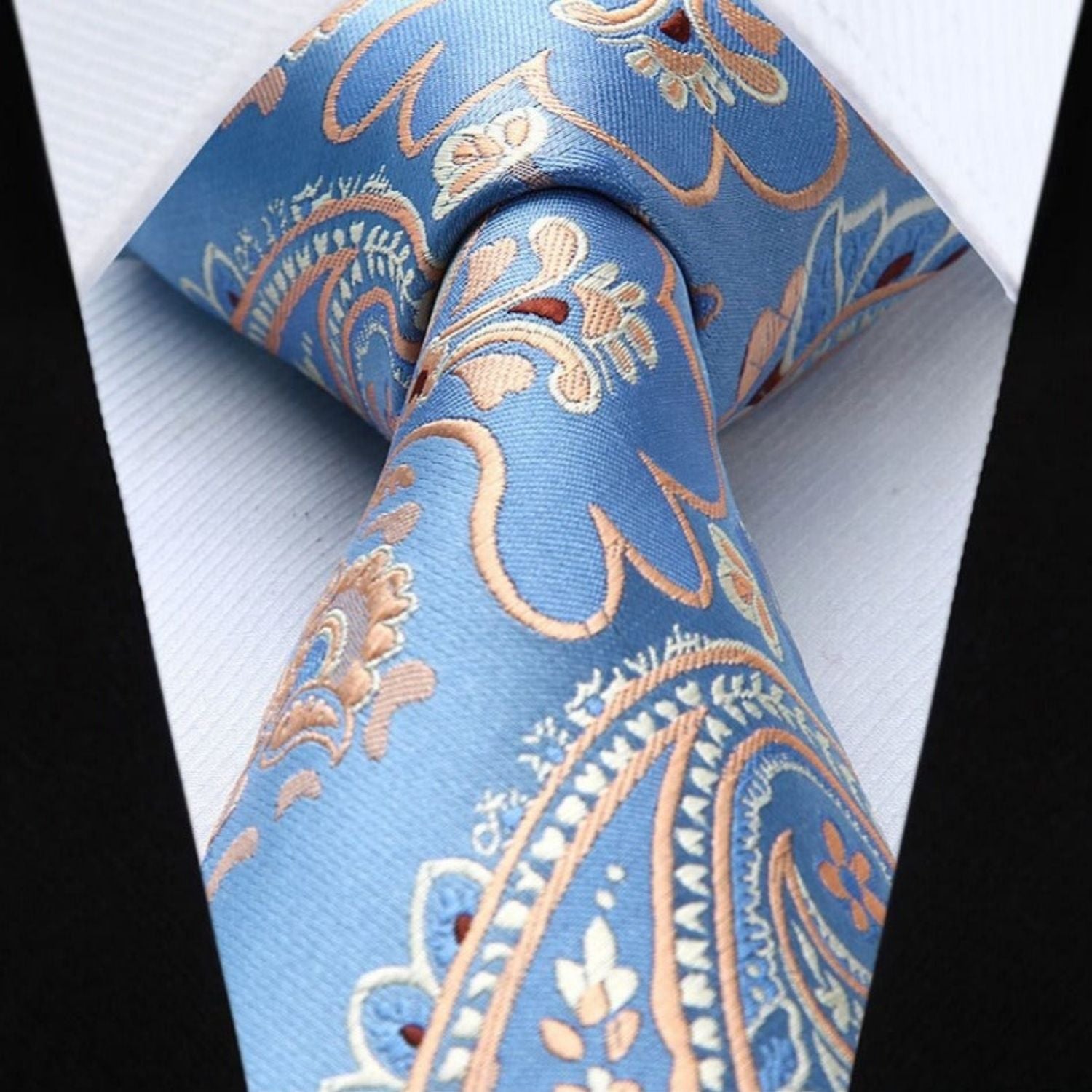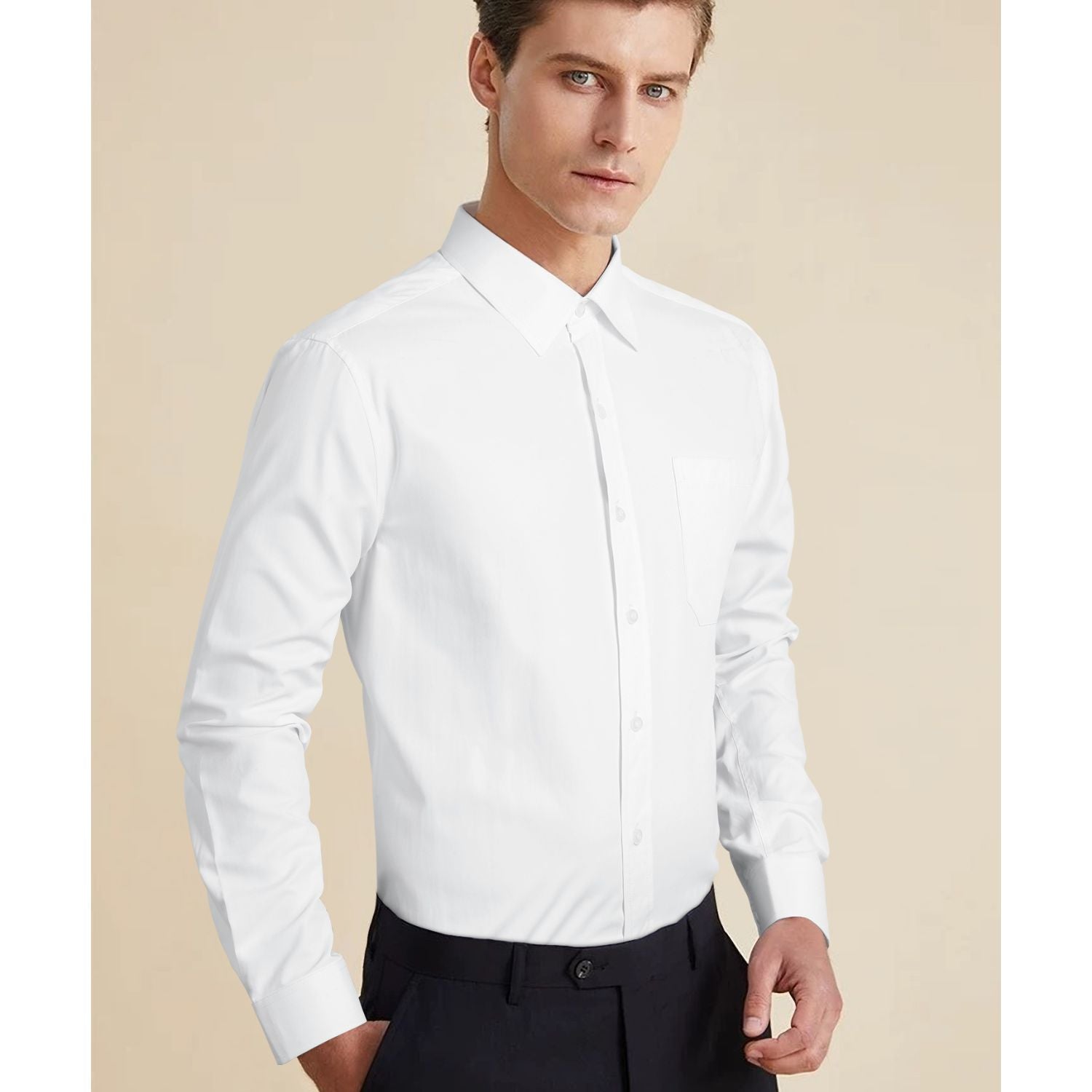The 2 Key Reasons You're Just Friends Instead of Something More

So you’re in the so-called friend zone.
Your crush, the person you feel full of attraction towards, just doesn’t see you the same way — they see you in a platonic light, as friend material.
And let’s be honest: You hate that.
It’s a crappy feeling. You feel like you’re being put in a box, designated as somehow less-than, and dismissed. In the face of a potential romantic connection, mere friendship feels like an insult, a participation trophy, proof that you’re merely an “also-ran” in matters of the heart.
You’re probably driving yourself crazy wondering: Why doesn’t my crush like me back?
In order to better understand some of the factors at play — and, importantly, how to react once you’ve been told you’re more friend material than boyfriend material, AskMen spoke to three dating and relationship experts to get to the bottom of why you’re just friends. Here’s what they had to say:
Why Your Crush Sees You as Just a Friend
Let’s be clear on one thing: In every friend zone situation, it’ll be different, as every person friendzoning someone else has different tastes, wants, needs and expectations.
“Chemistry is complex and hard to quantify,” says sex, love, and erotic empowerment coach Lorrae Bradbury. “It’s a unique blend of characteristics that create a special ‘spark.’”
Because of that complexity, she notes, it’s important not to take the binary yes/no response as a sign that there’s anything wrong with you.
“If one person isn’t feeling it, it has nothing to do with the other person’s worth,” Bradbury says. “We’re all unique puzzle pieces, looking for an assortment of characteristics that light us up and fit our personality. Many people have a ‘type,’ whether it’s physical or personality quirks, or simply characteristics that give them butterflies.”
So, she points out, if you’re not that person’s dating type, “It has nothing to do with your worth, and it doesn’t mean you won’t spark that flame for someone else.”
Dating coach Connell Barrett, host of the “How to Get a Girlfriend” podcast, agrees.
“Everyone has a unique blueprint for what they want in a romantic partner,” he says. “It’s possible that a given guy’s not what their crush is looking for, even though he has a lot to offer. He doesn’t check the right boxes of that person’s dating blueprint.”
This general mismatch is one of two reasons Barrett highlights as possible explanations for ending up not taken seriously as a romantic prospect.
The other one, he says, is that even if you might fulfill what your crush is looking for as a person, if you’re hapless when it comes to communicating that because you’re not comfortable in a flirting or dating context, they might not feel that attraction to you.
In that case, Barrett says, a guy’s crush may feel “a lack of romantic sparks, perhaps because he doesn’t know how to effectively flirt and connect.”
“You can be an attractive man but not be able to create romantic sparks,” he says. “This is a huge problem in dating today, because most men just don’t know how to flirt.”
Dealing With the Disappointment of ‘Just Friends’
Regardless of whether you’re simply not romantically compatible or you’ve done a poor job of flirting and showing your romantic or sexual interest, having a strong response that you take out on your crush (such as getting angry at them, or pushing for them to change their mind) is a dangerous approach that is likely to make things worse.
“Rejection is difficult, and it certainly can lead to feeling upset, but this doesn't mean projecting your hurt on another person is justified,” says SKYN Condoms’ sex and intimacy expert and author Gigi Engle.
“If you're hurt when someone doesn't reciprocate your feelings, it's OK to take some time to process this, and sit with the uncomfortable emotions that come with it, but it's also important to know that people are or aren't attracted to someone for myriad reasons,” she adds. “It isn't a reflection of your worth.”
Ultimately, Engle says, “It is never OK to be cruel or unkind to someone simply because they aren't attracted to you. Sure, your ego may be bruised, but dealing with feeling rejected is your responsibility.”
It’s also useful to remember that, if the offer of being friends is genuine, being friendzoned isn’t even actually rejection: It’s someone telling you they see you as more able to be a positive presence in their life in one capacity as opposed to another.
Still, because of the importance we place on sex and relationships in our culture, choosing friendship over that can definitely feel like a downgrade.
According to Barrett, the instinct to get angry in response may be especially common for guys, and that makes sense.
If you’re taught that you need to be good at things in order to be a real man, and being “good at” dating or attracting partners feels like it’s a necessary part of your gender makeup, then romantic rejection can feel like a critical failure and a huge blow to the ego, rather than just a reality of life that everyone who engages in dating experiences.
“Anger triggered by unreciprocated romantic feelings is common,” Barrett says. “It happens as a coping mechanism meant to shield a man from a deeper pain: feeling unworthy or not enough. No one wants to feel unworthy of love, so some men use anger — which can feel powerful — to mask a deeper fear of insignificance.”
But, at the end of the day, being able to feel and process those negative feelings, rather than making them someone else’s problem, is a huge step towards emotional maturity.
What to Do When Your Crush Doesn’t See You That Way
So how do you do that, exactly? Rather than dwelling on why or how things didn’t work out, and “getting swept up in painful emotions (either toward yourself or others),” Bradbury recommends putting your focus elsewhere.
“Channel that energy into activities that make you feel good about yourself, whether it's hitting the gym, pursuing a hobby, or learning something new,” she says. “The more you build your self-worth and healthy self-confidence, the more you’ll be able to navigate rejection and feel grounded in knowing that someone else’s preferences aren’t a negative projection of you.”
Knowing their preferences aren’t a negative projection on you means handling the prospect of being friends politely, says Barrett.
“Accept their answer with positivity and a ‘no big deal’ vibe,” he says. “Say something like, ‘Hey, no worries! I appreciate you telling me, and it’s all good.’ It was likely difficult for them to break the news to you, and accepting their answer with positivity shows empathy and class on your part.”
As for the friendship that they’re offering, whether it’s a viable option depends on a few things.
“Don’t actually become friends unless you both genuinely want that,” Barrett says, noting that some people will use “let’s be friends” as a kind of euphemistic rejection to soften the blow, rather than out of a genuine desire for friendship.
So, it’s possible they don’t actually want to be friends in any meaningful way. However, that’s far from a universal truth. If you do have a strong connection and are good at talking and get along well, but the other person simply doesn’t see you in a sexual or romantic way, it’s very possible you could develop a lasting platonic bond if you feel like this person’s presence in your life is worth the work of getting over your disappointment.
“There’s a lot of value in simply having deep friendships with people in the same gender you’re attracted to,” says Bradbury. “Our friendships make our lives richer, and we can turn to our friends for advice about dating, relationships, and ourselves to see things from a new point of view. The friend you were crushing on — they might just become your best source of advice for future dates and romantic partners!”
If you do pursue the friendship, Bradbury says, don’t rush things.
“If you’re finding it tough to let go of romantic feelings, it’s OK to take a step back and give things some space,” she advises. “Take time to center your emotions, get some perspective, remember your self worth, and let go of anger or blame.”
And if, after taking some time and giving it a go, you find that you’re struggling to make it work as a friendship, that’s OK too.
“If you can't get over your feelings for them and find it's not a tenable situation, it's OK to be really honest about that,” says Engle.
If you gave the friendship an honest go and things simply didn’t work out, you can communicate that and move on. If the other person is allowed to say “I see you as a friend rather than as a partner,” you can say to them, “I see you as an acquaintance rather than a friend.”
That being said, Engle notes, if this was really tough for you, it could be something that might be useful to talk to a therapist about.
“If this is something that is really affecting you and is causing resentment, I'd highly suggest seeking out the help of a mental health professional who can help you process your emotions in a healthy way,” she says.
Therapy isn’t just for people with diagnosable mental health issues; it can also be an incredibly useful tool to help you process things you’re struggling with emotionally, and the benefits of therapy can last a lifetime.
Meaning, next time you get friendzoned, it’ll be that much easier to recognize that it’s not the horrible blow of rejection you used to think it was.

